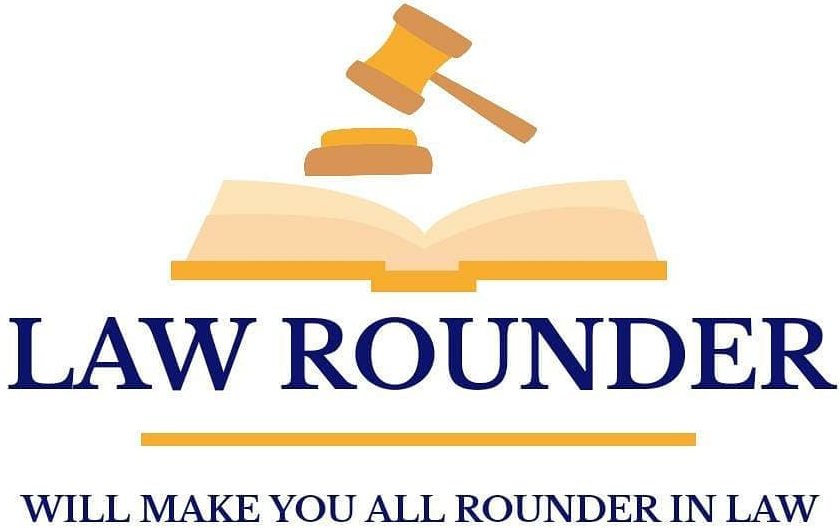
The Surrogacy (Regulation) Bill, 2019 is going to be placed before the Rajya Sabha in the ensuing Monsoon Session, the Centre informed the Supreme Court today.
The Additional Solicitor General made this submission while the Court was considering an appeal which raises the issue of citizenship of a child born in India out of surrogacy in which biological parents are foreign nationals but the woman who gives birth is Indian.
The bench comprising Justice NV Ramana, Surya Kant and Hrishikesh Roy, accepting the ASG’s request for an adjournment, listed these cases after eight weeks.
Last year, the Lok Sabha had passed the Surrogacy (Regulation) Bill, 2019 which seeks to regulate surrogacy in India while imposing an absolute prohibition on commercial surrogacy. As per this Bill, intending couple for surrogacy have to be Indian Citizen.
The Bill thus effectively debars foreigners and persons of Indian Origins of the opportunity to avail the surrogacy services in India. Later, the Rajya Sabha, referred the Bill to the Select Committee seeking certain amendments.
The Select committee presented its report to the Rajya Sabha on 5th February, 2020. It opined that the facility to avail surrogacy procedure may be extended to persons of Indian origin because they have their ancestral root in India.
Background
The appeal arises from a 2009 Gujarat High Court judgment which dealt with a case of two twin babies born to an Indian surrogate mother and a German father in 2008. The two boys — Balaz Nikolas and Balaz Leonard, whose father is German national Jan Balaz — were conceived by an Indian woman in Anand district of Gujarat in January 2008.
The bench headed by Justice KS Radhakrishnan (then Chief Justice of High Court) considered the question whether a child born in India to a surrogate mother, an Indian national, whose biological father is a foreign national, would get citizenship in India, by birth.
It held that the babies born in India to the gestational surrogate are citizens of this country and therefore, entitled to get the Passports
The bench had answered the issue thus: “We are in this case primarily concerned with the relationship of the child with the gestational surrogate mother, and with the donor of the ova.
In the absence of any legislation to the contrary, we are more inclined to recognize the gestational surrogate who has given birth to the child as the natural mother, a view prevailing in Japan.
Anonymous Indian woman, the egg donor, in our view, is not the natural mother. She has of course a right to privacy that forms part of right to life and liberty guaranteed under Article 21 of the Constitution of India.
Nobody can compel her to disclose her identity. Babies born are not in a position to know who is the egg donor and they only know their surrogate mother who is real.
Wife, of the biological father, who has neither donated the ova, nor conceived or delivered the babies cannot in the absence of legislation be treated as a legal mother and she can never be a natural mother.
In our view, by providing ova, a woman will not become a natural mother. Life takes place not in her womb, nor she receives the sperm for fertilization.
Human fertilization is the union of a human sperm and egg usually occurring in the ampulla of the urine tube. Process involves development of an embryo.
Process in this case followed is In Vitro Fertilization, a process by which egg cells were fertilized by sperm outside the womb in vitro.
Resultantly, the only conclusion that is possible is that a gestational mother who has blood relations with the child is more deserving to be called as the natural mother.
She has carried the embryo for full months in her womb, nurtured the babies through the umbilical cord.
Even if we assume that the egg donor is the real natural mother, even then she is an Indian national so revealed before the learned Single Judge, we are told.
Both the egg donor as well as the gestational surrogate are Indian nationals, and hence the babies are born to an Indian national.”
ALSO READ: https://lawrounder.com/news/mp-highcourt-grants-2-month-bail-to-rape-accused-to-marry-complainant/
The Centre approached the Apex Court assailing this judgment. Two other writ petitions raising similar issue has also been tagged along with this appeal.
ssource: livelaw
READ ORDER : https://www.livelaw.in/pdf_upload/pdf_upload-381163.pdf
